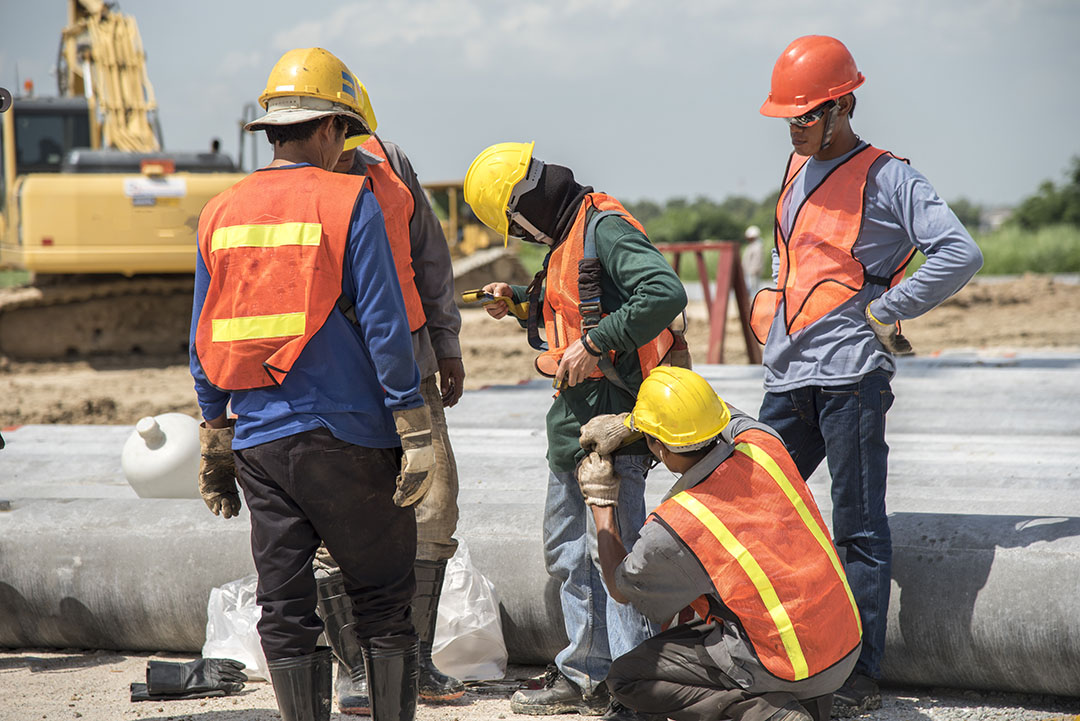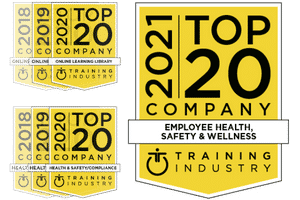
Temporary Worker Rights
In response to these dangerous working conditions, the Occupational Safety and Health Administration, or OSHA, established the Temporary Worker Initiative, or TWI, in 2013. The TWI requires that all workers receive the same safety training and equipment, regardless of whether their employment status. Staffing agencies and host employers may split up training responsibilities between themselves, but temporary workers must be fully trained before they begin work. If a host employer provides their permanent workers with personal protective equipment, or PPE, they must give the same equipment to their temporary workers and train them on how to use and care for it.
Staffing Agency vs. Host Employer Responsibilities
Staffing agencies and host employers are considered jointly responsible for keeping a work environment safe.
They must both:
- Enforce OSHA requirements for training, hazard communication (HAZCOM), and recordkeeping
- Communicate with each other
- Provide training to temporary employees
- Have a safety and health program to reduce injuries and illnesses
- Investigate injuries and illnesses, including near-misses

- Make sure that they’re sending workers to a safe workplace
- Ask about their worker’s assigned duties so that they can provide proper training
- Make sure that the host employer has fulfilled all requirements for a safe workplace
- Tell workers how to report an injury and how to receive medical treatment for it
- Keep in contact with temporary workers on long assignments
Host employers must:
- Treat temporary workers like all other employees in terms of training and safety and health protections
- Train workers on emergency procedures and exit routes
- Train workers on how to use and maintain any applicable PPE
Training Requirements
Temporary workers should never go into a new workplace without proper training. Many completely avoidable accidents occur because the staffing agency and host employers fail to communicate about who will provide different types of training. As a general practice, staffing agencies will provide a general safety overview on a wide range of subjects. Host employers will then provide in-depth information that covers site-specific hazards, safety measures, and policies.
If a temporary worker will be working on scaffolding at a construction site, for example, his staffing agency may give him a very general course on fall prevention. Once he reaches the actual worksite, his host employer will train him on that workplace’s specific scaffolding, safety measures, and fall prevention procedures. The worker must receive both pieces of training to be able to safely work on the scaffolding and should never begin work without receiving adequate training.
Whistleblower Regulations
Unfortunately, some host employers do not know that temporary workers deserve the same safety measures that their permanent employees do. This may be due to ignorance, but ignorance is no excuse under the law. If a staffing agency or host employer does not provide temporary employees with a safe work environment, one or both could be fined by OSHA. Temporary workers who are being forced to work in unsafe environments can report violations directly to OSHA. Employers are legally prohibited from retaliating against workers for reporting injuries or raising concerns about safety.
Summary
Temporary workers and permanent employees have the same right to a safe and healthful work environment. This includes receiving the same training and personal protective equipment. Staffing agencies and host employers are jointly responsible for worker safety. Employers cannot retaliate against any worker for raising concerns or reporting injuries.
For further information, follow these links:
- Injury and Illness Recordkeeping Requirements
- Personal Protective Equipment
- Whistleblower Protection Rights: Protect from Retaliation for Using Rights Under the OSH Act
- Safety and Health Training
- Bloodborne Pathogens
- Powered Industrial Truck Training
- Hazard Communication



